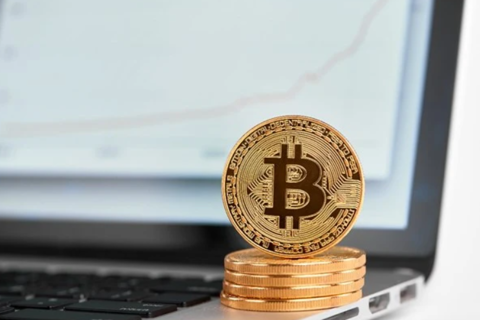Why is science in Vietnam underdeveloped?
“Using every objective measurement, it seems that Vietnam’s science and technology is a failure…,” according to a report by the famous Harvard University. Dr. Pham Duc Chinh at the Mechanics Institute analyses the weakness of science in Vietnam.
“Using every objective measurement, it seems that
In the world, the capability of scientists and nations is evaluated firstly by the number of articles published in international scientific magazines and the number of patents granted by prestigious international agencies.
The US-based Institute for Scientific Information (ISI) made statistics from nearly 10,000 outstanding scientific magazines selected from over 100,000 magazines worldwide.
According to ISI, in 11 years, from January 1997 to December 2007, Vietnamese scientists in 17 fields (clinical health, physics, zoology and botany, technology, biology and biochemistry, chemistry, agriculture, microorganism sciences, the environment, material sciences, immunization studies, pharmacy, molecular biology and genetics, neurology, mathematics, and economics) published a total of 4,667 scientific articles in standard international magazines.
At the same time,
While half of the articles of
Regarding the number of patents granted by prestigious international agencies,
In 1997, the number of patents granted to Americans in the
According to researcher Dang Mong Lan, in 2002
Many say that the state should increase spending in scientific research. It is necessary, but though the state funding for science research has risen yearly to over $400 million at present, the number of articles published in international magazines has remained around 80 per year in the past ten years, the lowest level in the world.
Some others say
While Thai and Malaysian scientists have accepted standards on publishing scientific research in international magazines, Vietnamese try to neglect the standards, saying that
When will








